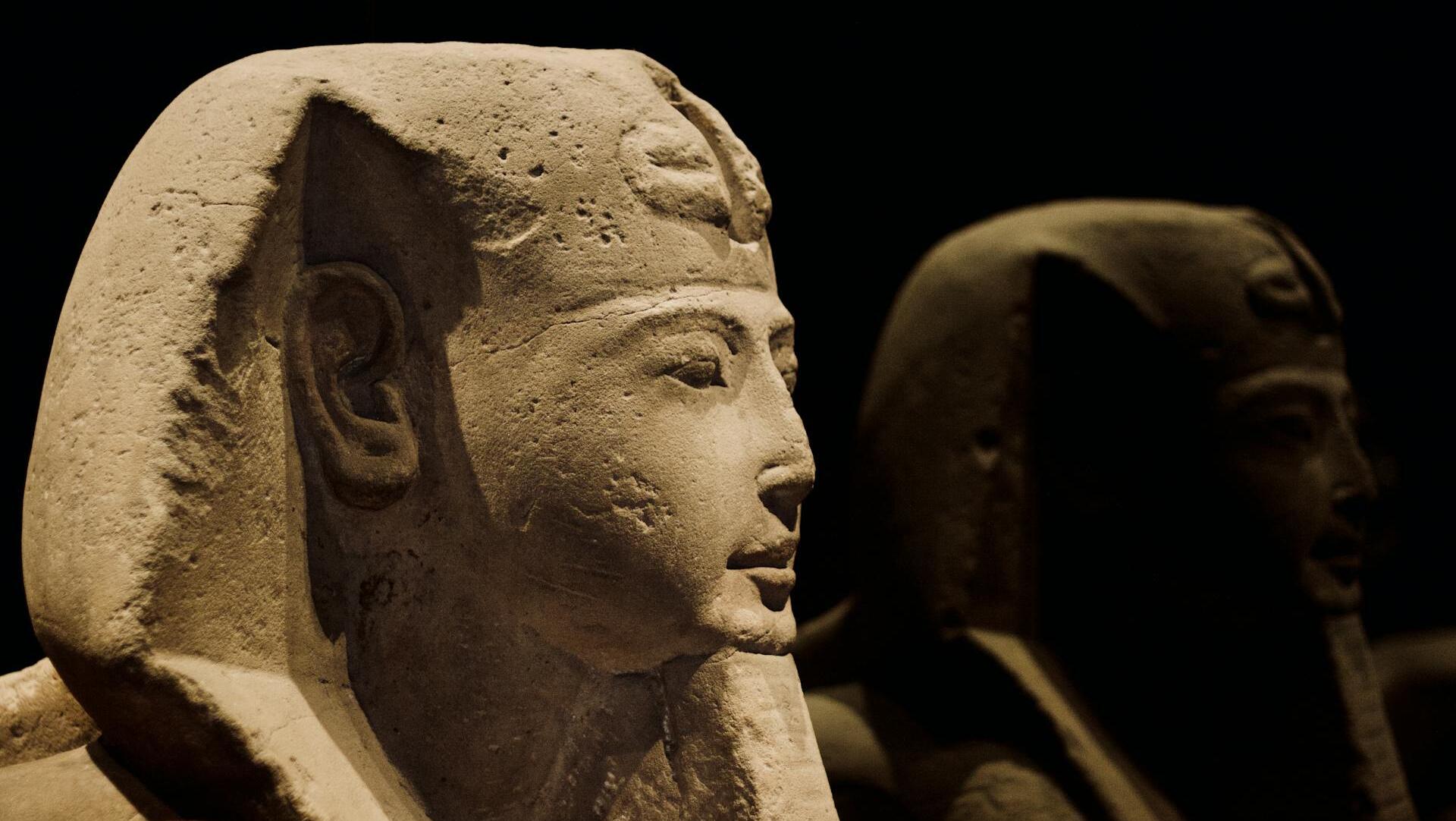An Egyptian doctor has been sentenced to six months in prison for smuggling hundreds of antiquities into the United States through New York’s JFK Airport, in what prosecutors described as the airport’s largest-ever seizure of smuggled artifacts.
Ashraf Omar Eldarir was sentenced on 27 August by United States District Judge Rachel P. Kovner following a five-year investigation.
Authorities said that more than 600 artifacts were brought into the country from Cairo on flights to JFK in 2019 and early 2020.
The recovered antiquities included a polychrome relief, an ancient Roman limestone stele later sold at auction for US$1,000, and a Roman limestone head that sold for $1,300.
Earlier this year, in February, Eldarir pleaded guilty to four counts of smuggling Egyptian artifacts.
A filing by assistant federal defenders Kannan Sundaram and Jullian Harris-Calvin stated, “On each of the 2019 flights Mr. Eldarir brought a single artifact in his luggage; on the 2020 flight, he brought approximately 590 artifacts in three checked-in suitcases.”
During the January 2020 flight, Eldarir declared to Customs and Border Patrol (CBP) officers that he was carrying goods worth only $300.
CBP officials later found 590 artifacts wrapped in bubble wrap and foam inside his luggage. “A seizure that constitutes JFK’s largest seizure of smuggled antiquities to date,” U.S. attorney Joseph Nocella Jr. wrote in a sentencing memorandum filed on 20 August.
“When the wrapping was opened, loose sand and dirt spilled out of the packaging, indicating that the artifacts had been recently excavated,” the U.S. Attorney’s office for the Eastern District of New York said in a statement.
The recovered items included gold funerary amulets and wooden tomb model figures with linen garments dating to around 1900 BCE.
Eldarir also carried a kit of materials used to forge documentation for the stolen items.
Prosecutors described Eldarir as a “prolific” trafficker of Egyptian antiquities, noting he repeatedly used fake provenances to sell artifacts at U.S. auction houses.
Court documents revealed he relied on fabricated paperwork, including forged watermarked Egyptian documents, old stamps, and doctored photographs purporting to show ancestors in possession of the items.
Forensic analysis later confirmed the materials were falsified.
“The defendant looted Egypt’s cultural treasures and lied to U.S. Customs about them as part of a web of deception he spun to illegally fill his pockets with cash,” Nocella stated in the press release.
“Those who steal cultural treasures of other countries and smuggle them into the United States should know that they will be held accountable for their crimes. We commend our HSI and CBP partners for their diligent and important work in this case and look forward to repatriating to Egypt the recovered antiquities.”
